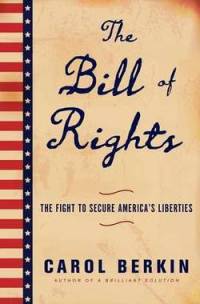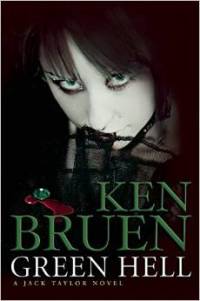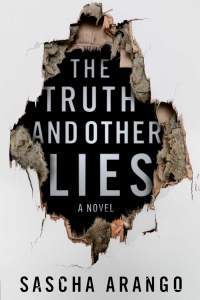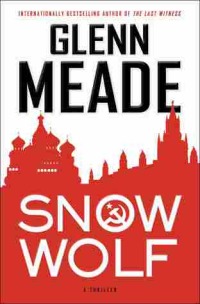The Mask by Taylor Stevens
 Monday, July 13, 2015 at 9:38AM
Monday, July 13, 2015 at 9:38AM 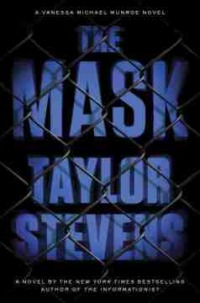
Published by Crown on June 30, 2015
Arriving in Osaka, Vanessa Michael Munroe thinks she is finally home. She is back with Bradford, the only man who can tame her savage instincts. From nearly the first page, however, the reader is forewarned that Vanessa will soon be troubled about a choice that Bradford makes.
Bradford has taken an assignment as a security consultant for a Japanese firm that believes trade secrets are being stolen by one of its employees. He is soon accused of murder. Although Michael knows that the accusation is false, she is upset with Bradford for reasons that make her seem uncharacteristically like a drama queen. In any event, getting to the bottom of why Bradford has been framed becomes Michael's mission.
The Mask presents a grim view of Japanese business culture. Its portrayal of the Japanese system of criminal justice is even darker. Whether the perspective is accurate I couldn't say, but it is at the heart of the novel's plot. Had this story been set in the United States I would have found the plot unconvincing, given fairly obvious evidence (revealed early in the novel) that Bradford has been set up. Perhaps exculpatory evidence has less value in Japan. In any event, my unfamiliarity with the culture allowed me to suspend my disbelief, which allowed me to buy into the plot.
The story doesn't have the power or drama of some earlier Michael Munroe novels, but the intricate plot is satisfying, action scenes are fun, and the pace is swift. The Mask adds little to Munroe's character development but it does add a worthy opponent to her growing list of adversaries (described as two tigers meeting by chance in the forest). I would have enjoyed seeing that character developed more fully but perhaps Taylor Stevens has plans for her in a future novel. I would like that, but whatever the plan might be, I look forward to reading the next installment in Munroe's effort to find a balanced life.
RECOMMENDED
